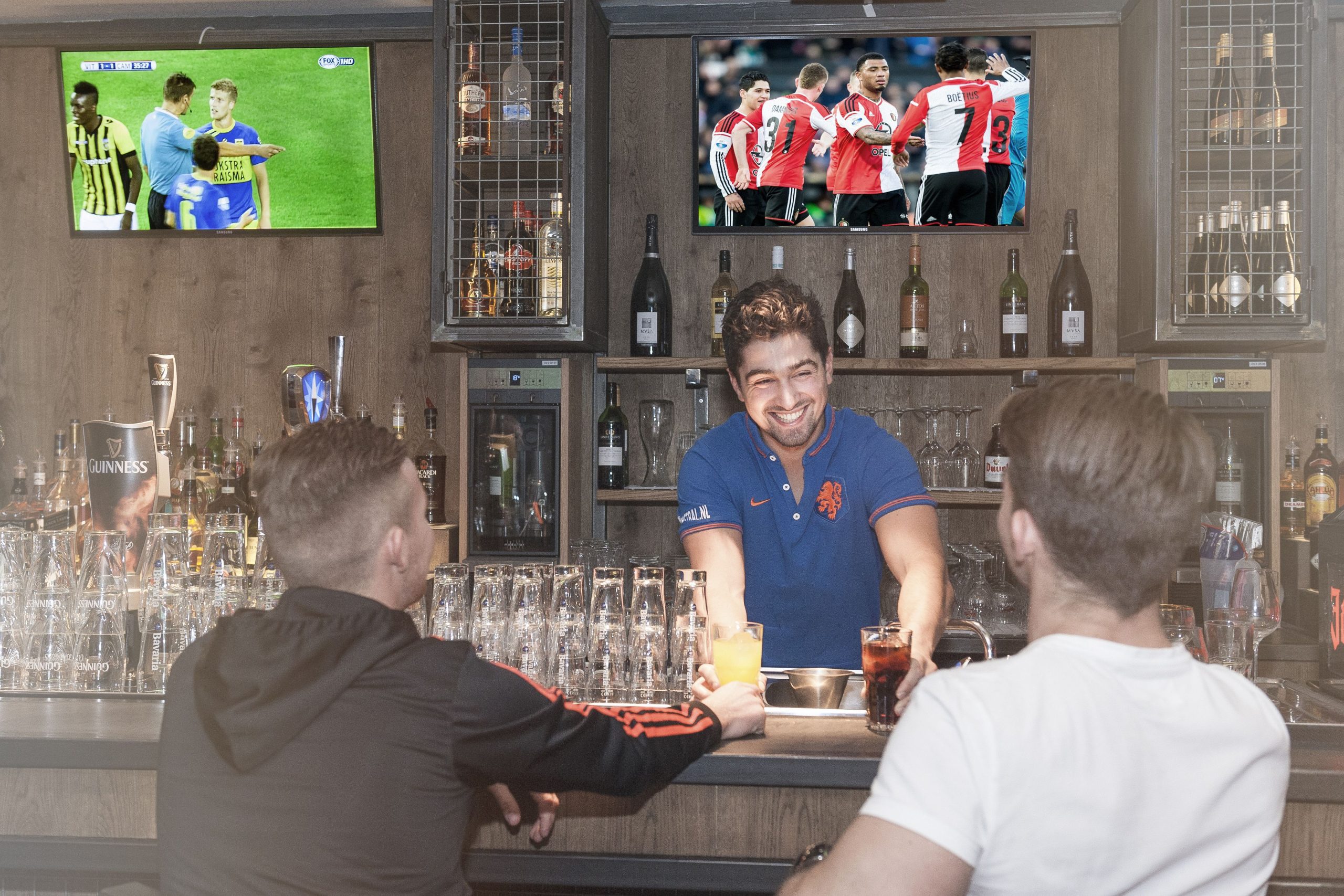The thought of leaving a beloved pet behind when moving to a new country can be a deal-breaker. If you’d like to bring your pet with you to the Netherlands, here are some factors to consider.
Immigration within the EU
For dogs, cats and ferrets travelling with their owners within the EU there are uniform rules. They need an EU pet passport, an ID microchip and a vaccination against rabies. Vets can issue the passports, and they allow animals to travel freely across European borders. There’s no EU standard for other animals, so local laws apply, usually a health declaration from a vet is satisfactory. All pets in the Netherlands need ID, and since July 2011 readable tattoos are no longer accepted, it needs to be a microchip.
Immigration from outside of the EU
The rules for non-EU pets depend on the type of animal and where you’re travelling from. Check nvwa.nl to see if it’s possible for your pet, and under what conditions. The higher the rabies risk, the stricter the rules. Delta’s international editor, Molly Quell, imported her dog to the Netherlands from the USA, and said of the paperwork: “The US had an export list, the airport had its own regulations, the airline had another set, and the Netherlands had a set. I literally came to the airport with a three ring binder full of papers just for the dog.”
Transit
Remember to check airline policies, how pet friendly they are may affect your choice of carrier. “Murphy travelled in a special airline approved crate, and there were rules about what was and wasn’t allowed to go in with him,” said Quell. “We did a lot of research into airlines. The pilot made an announcement for us to let us know the dog was loaded and okay, which was really nice.”
Dog tax
All dogs need to be registered with the municipality within two weeks of arrival, and an annual tax may be charged depending on where you live. No other animals are subject to this. In Den Haag and Rotterdam you will be taxed. In Delft there is currently no tax, although local politicians plan to introduce it in 2017 as a source of income.
Food and accessories
Food and treats are widely available at supermarkets. There are several specialist pet stores in Delft, and garden centres also stock accessories like beds, toys and baskets. Sites like zooplus.nl and jumper.nl can offer a good deal on pet supplies too.
Vets
There are a number of vets locally to register with. In Delft, local practices work together to share the provision of an out of hours service, you should call your own to find out who is on duty when needed. The animal ambulance in Delft can be reached on 015 2121000 for emergencies, if a pet is hit by a car for instance. Dial 144 for the animal police who tackle cruelty and neglect.
Insurance
It seems there’s an insurance for everything in the Netherlands, and pets are no different. It can help cover the cost of unexpected vet bills in the event of injury or illness. Be sure to consider all the terms of a policy, since it never covers everything, and isn’t compulsory.
Pet sitters
If you need someone to take care of your pet when you can’t, a traditional boarding house is an option, they’ll require that all immunisations are up-to-date. Dog walkers are popular too, as are pet sitters. You can find a local sitter via sites such as pawshake.nl that are insured and verified; you’ll find a number of TU Delft students there willing to help out.
Missing pets
If you find yourself in the unfortunate position of losing your pet, with a microchip you have a reasonable chance of recovery. You can check with the local animal ambulance service, or utilise amivedi.nl which serves as a database for missing pets.



Comments are closed.